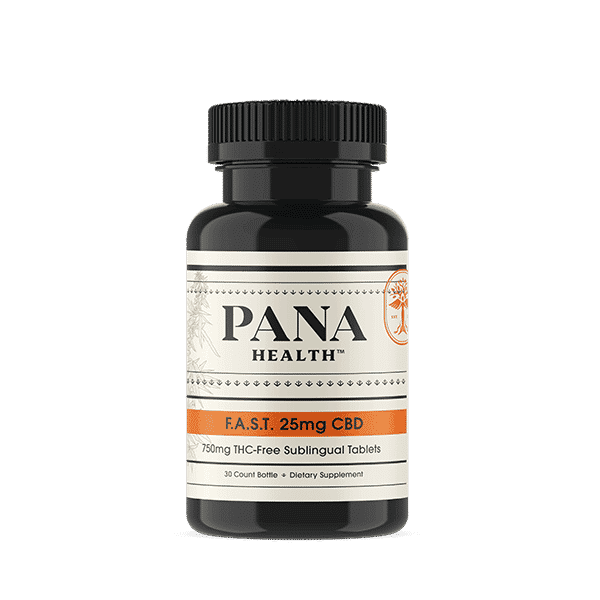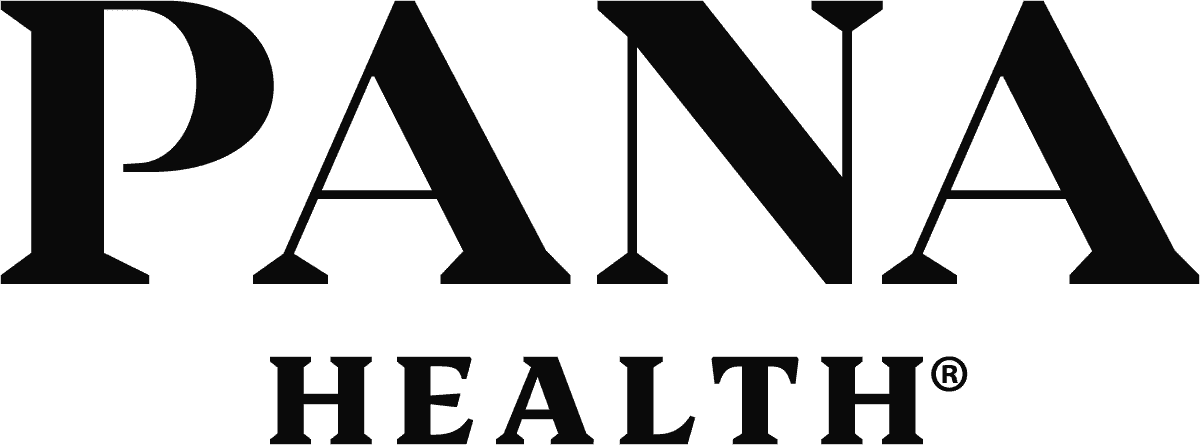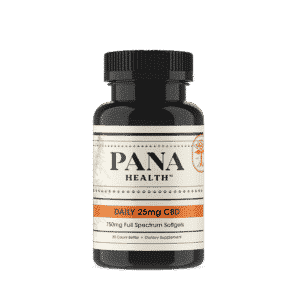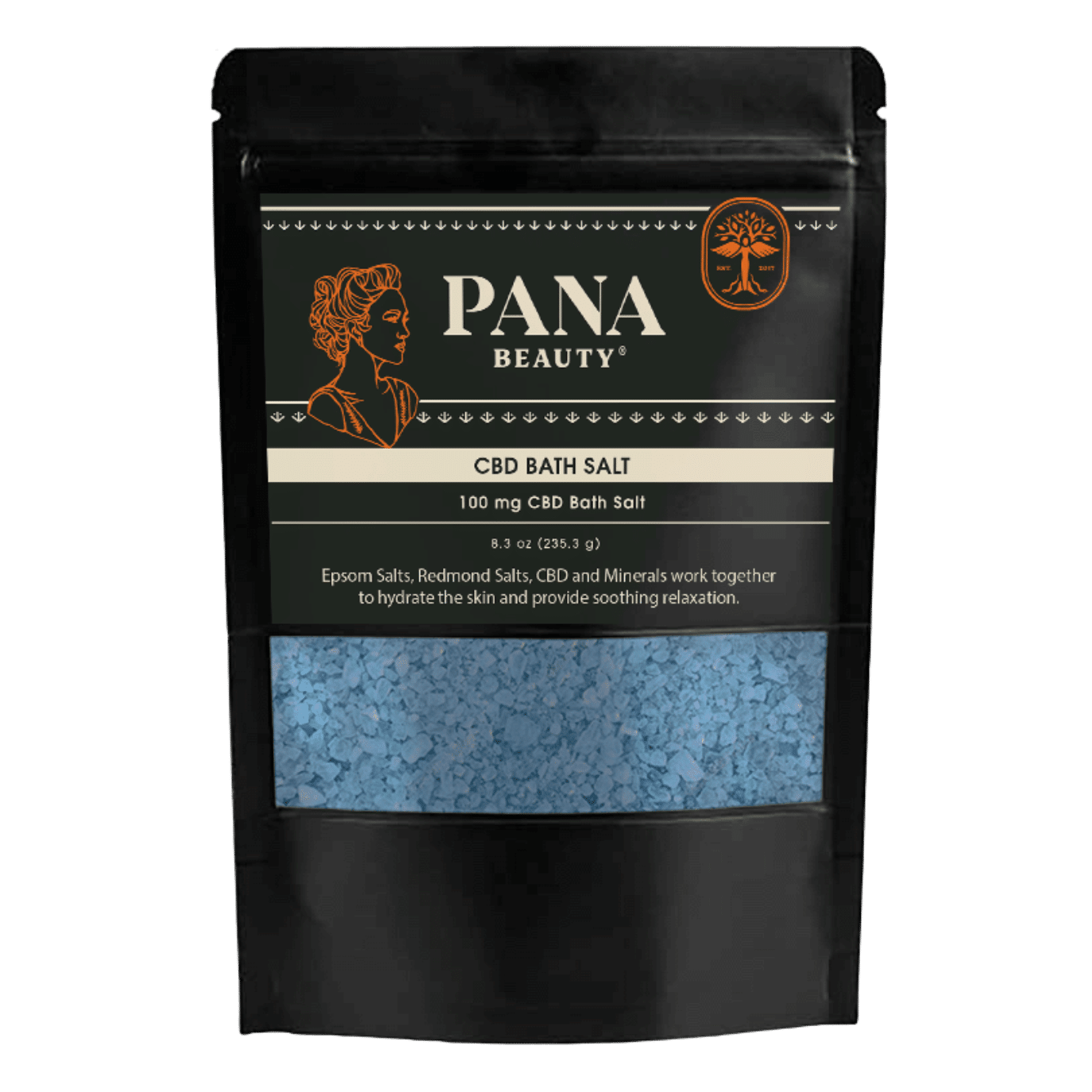Our cells manage activities like reflexes, pain, anti-inflammation, and overall immunity. The whole process of retaining normalcy in our body is known as homeostasis. Cells require specific proteins, minerals, and receptors to function normally.
Zinc is one of the most distinct minerals that have some different uses and properties. Zinc takes part in most of the activities that our body system does to maintain stability and health. On the other hand, cannabidiol (CBD) may boost the functions of the body’s endocannabinoid system.
Many of us might want to know if zinc works with CBD. Both zinc and CBD have unique properties, and you may want to include both in your diet. Let’s explore everything about zinc, CBD, and their relevance in our body system.

Zinc uses and benefits
Every single cell needs zinc to receive the gene expressions from DNA and RNA. And zinc is essential for our cells to fight against viruses and bacteria. Zinc deficiency could lead to an adverse impact on our health. However, our body does not have any separate storage system for zinc, and people need to consume zinc daily to maintain a steady state.
Below are some critical uses and benefits of zinc to our health:
- Alleviates the symptoms of skin ulcers
- Helps skin stay healthy
- Fights against infectious viruses
- Helps the metabolism
- Helps with protein synthesis
- Helpful in healing wounds
- Helps with DNA synthesis
- Helps with cell division
- Aids in prevents pneumonia
- Instrumental in faster recovery from the common cold
- Slows down age-related macular degeneration
Ideal zinc intake methods
If you are looking for more zinc in your life eating zinc-rich foods is a better way to go than taking dietary supplements.

-
Sale!

Stress Less Bundle
Bundle Price: $27.63 Add to cart -

F.A.S.T. Extra 50mg CBD
$37.95 Add to cart -

DAILY Full Spectrum CBD Softgels
From: $23.95 Select options This product has multiple variants. The options may be chosen on the product page
Some of the common sources of zinc include:
- Red meat
- Lamb, pork, and beef
- Shellfish
- Oysters
- Alaskan crab
- Shrimp
- Mussels
- Legumes
- Seeds of hemp, squash, pumpkin, and sesame
- Pine nuts
- Cashews
- Almonds
- Dairy products
There are many options for omnivores, vegetarians, and vegans alike to get their zinc intake. You can find most of the above foods in the market.
CBD uses and benefits
The human body has the endocannabinoid system (ECS), which consists of the below constituents:
- Endogenous cannabinoids
- A wide range of receptors, including neuroreceptors
- Transporters of neurotransmitters
- Ion channels
- Enzymes
CBD is a famous chemical compound that is abundantly available in cannabis plant family. CBD is also known as an exogenous cannabinoid that has similar properties of the endogenous cannabinoids present in our body. While the human body produces its own endocannabinoids, you can consume cannabidiol to potentially boost the ECS.
Cannabidiol is a non-psychoactive compound of Cannabis sativa plants, which is known for its potential medicinal properties. Researchers believe that CBD has neuroprotective properties that may help to treat neurodegenerative conditions. Likewise, it may help people to decrease the symptoms of anxiety and may help to sleep better.
CBD and its effect on medications
Drug to drug interaction (DDI) is an important aspect when it comes to medications. Each drug may have its patterns and way of interactions with other medicines. Some DDIs may lead to good results, and some may result in adverse reactions.
People who already take medication might consume CBD for its therapeutic properties. However, you also must learn about the CBD’s interaction with the medicines. Cannabidiol may interact with the minerals, proteins, and vitamins that you consume.
It is common for people to consume dietary supplements to achieve better health. Zinc is one such mineral available in several nutritional supplements. Also, the majority of people consume dietary supplements merely to include zinc in their diet. If you are consuming CBD, then it is suggested to learn about CBD’s interaction with zinc.
Can we consume CBD with Zinc?
CBD does not appear interfere with the zinc adversely. At the same time, it enhances the abilities of the cells to receive the gene expressions. And researchers conclude that CBD exhibits anti-inflammatory and antioxidant properties while regulating the zinc levels.
Consuming CBD with zinc is not likely to give you any adverse effects. When you eat foods rich in zinc can help you improve overall body functions. Besides, consuming CBD may help in boosting the functionalities of certain cells.
Does CBD interfere with other drugs as well?
Cannabidiol affects zinc’s functionalities positively. However, it may not be the same in the case of prescription drugs. People with severe conditions may be taking certain medication and CBD may cause adverse effects on those drugs. CBD may cause the medications to not work properly.
Nevertheless, it may interfere only with a handful of specific drug varieties. If you are under medication, then it is ideal to consult with your doctor before consuming CBD. Also, take advice from your doctor regarding the dosage.
Wrapping up
Zinc is one of the minerals that people consume daily. Likewise, people prefer cannabidiol for varied reasons, and it may provide them with satisfying results. Undeniably, CBD does good things on zinc and helps in improving the overall health. However, it is highly beneficial to learn about how CBD interacts with other nutrients and drugs.
No matter what supplements you may or may not take, it is likely that you are always getting a fair amount of nutrients in your daily life. Every single food and beverage that you consume may have distinct vitamins and minerals. It is still safer to do some research before consuming CBD. And maintaining a neutral dosage is very crucial when it comes to CBD usage.
Sources:
https://ods.od.nih.gov/factsheets/Zinc-Consumer/ (Zinc uses and benefits)
https://www.ncbi.nlm.nih.gov/pubmed/26845349 (Neuroprotective CBD)
https://www.ncbi.nlm.nih.gov/pubmed/30624194 (CBD for anxiety)
https://www.healthline.com/nutrition/best-foods-high-in-zinc#section6 (Zinc sources)
https://www.ncbi.nlm.nih.gov/pubmed/22178458 (CBD and Zinc levels)









